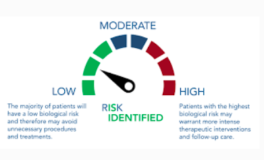Advancing Innovation in Dermatology is pleased to make available our collection of scholar articles, industry news, and interviews with the professionals accelerating innovation in skin health and patient care. This content is yet another way beyond our in-person and virtual events to strengthen the community of innovators we aim to build and maintain.
Using a 40 gene expression profile on SCC biopsy specimens, the authors stratified patients with high-risk SCC into classes based on metastatic risk, and found a higher positive predictive value for the highest risk patient as compared to current scoring systems. Gene expression profiling tests have previously been available for cutaneous and uveal melanoma, breast cancer, prostate cancer, and this research is the basis for Castle Bioscience’s newly introduced DecisionDX-SCC genetic expression profiling test.

Wysong et al. “Validation of a 40-Gene Expression Profile Test to Predict Metastatic Risk in Localized High-Risk Cutaneous Squamous Cell Carcinoma.” J Am Acad Dermatol. 2021 Feb;84(2):361-369
Dr. Fogel asked lead author Dr. Ashley Wysong, Founding Chair and William W. Bruce MD Distinguished Chair of Dermatology, to put her work in context:
AF: How does this work improve the current state of clinical care or research?
AW: This work improves the current state of care in high-risk squamous cell carcinoma by integrating tumor biology into traditional clinicopathologic staging. Specifically, this validated gene expression profile test was able to differentiate tumors into three risk classes for metastasis which we believe are relevant for patient care. 40-GEP, used in conjunction with traditional staging, has the potential to significantly impact the treatment planning and prognosis of many of these high-risk SCC tumors.
AF: How do you envision this work entering the clinic in the future?
AW: I envision a dermatologist in the future using this approach to identify a subset of SCC patients that may benefit from additional management, such as adjuvant therapies, nodal staging, and increased surveillance while also preventing over treatment for tumors with a low risk of metastatic potential.

Advancing Innovation in Dermatology Inc. is a nonprofit, tax-exempt charitable organization under Section 501(c)(3) of the Internal Revenue Code.
Donations are tax-deductible as allowed by law. | Privacy Policy | Cookie Policy
© 2025 Advancing Innovation in Dermatology Inc.. All Rights Reserved. | Web Design & Development time4design - Bucks County Web Design.